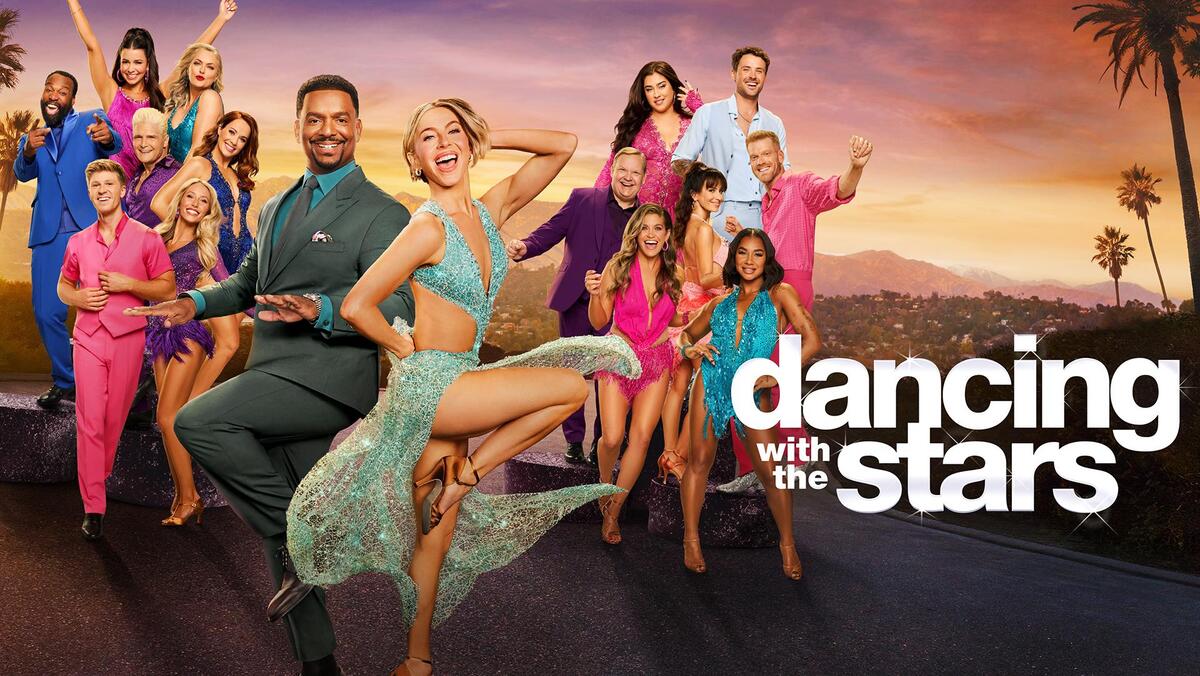Clock is ticking for TikTok on college campuses
Horry-Georgetown Technical College bans the video sharing platform
Horry-Georgetown Technical College implemented a TikTok ban on March 23 effective immediately from its campus network.
The ban of the video sharing platform is in response to South Carolina Governor Henry McMaster’s request for state agencies to ban the app. In December, McMaster began to take action to ban TikTok off all state government electronic devices from the advisement of federal law enforcement, national security officials, and the South Carolina Department of Administration. Since then, the governor requested for agencies like colleges and universities to follow out of cyber security concerns.
Federal bills have been introduced to attempt to primarily ban TikTok from its 150 million American users and originally received bipartisan support. Senate Bill 686, the Restrict Act, would evaluate any apps owned by “foreign adversaries” with over 1 million active U.S. users for national security purposes.
According to Associate Vice President of University Communication and Marketing Ashley Holloway, current discussions are taking place regarding the status of implementing a TikTok block on Coastal Carolina University networks.
“We are committed to keeping our network safe and secure and protecting the safety and privacy of our students, faculty and staff,” Holloway said. “In the event current discussions result in policy changes at the university level, a directive will be shared with the campus community.”
Senate Bill 1477, the DATA Act, was proposed by Senator Josh Hawley who attempted to receive unanimous consent, but it did not pass due to opposition.
Majority of TikTok users and communities oppose the proposed bill due to the concern of whether the bill would be a viable constitutional framework or would interfere with basic American freedoms. According to some TikTok users and creators on the app, they said they enjoy the platform’s source of creating communities within education, news and business. The Restrict Act has been ridiculed for appearing as “the Patriot Act on steroids” as it could pose larger challenges to civil liberties and censorship.
Sophomore psychology major Madison Johnson said she understands where the government and colleges are coming from but sees this as an issue for users who rely on the app for content and as a source of income.
“I’m not on TikTok, so it wouldn’t offend me, but I can see how it would affect those who are making a living from it,” Johnson said.
Joseph Fitsanakis, a professor of intelligence and national security studies, believes the concern is not TikTok itself but the fact the Chinese government could demand TikTok to share the privately owned information legally in hopes to violate one’s privacy.
“Companies in China cannot really get much traction in terms of getting permission to do things unless they essentially promise to work with the government to accommodate any requests for accessing data that is stored in their servers,” Fitsanakis said. “TikTok has said that they are going to comply to U.S. request to store data on American servers. To me, it would solve part of the problem, but I think it is too late for Congress, or whomever, to believe in what TikTok says.”
Nicole Scott, a sophomore philosophy and criminal justice major, said she understands the concern of foreign security, but does not know if banning an app at the federal level is a feasible solution.
“I do think it’s ridiculous to ban all Americans from choosing to ban TikTok unless there is a clear, proven threat,” Scott said.
According to Fitsanakis, there is an interest difference in the algorithm and content between America and China, as Chinese feeds focus more on inspirational content compared to America. He said it is important to consider the type of information that is promoted to consider who exactly is determining the algorithm.
“Is this an attempt to deprogram an entire people and make them focus on frivolous things?” Fitsanakis asked. “Who decides what algorithms we get to see as Americans verses a Chinese or a Singaporean user?”















